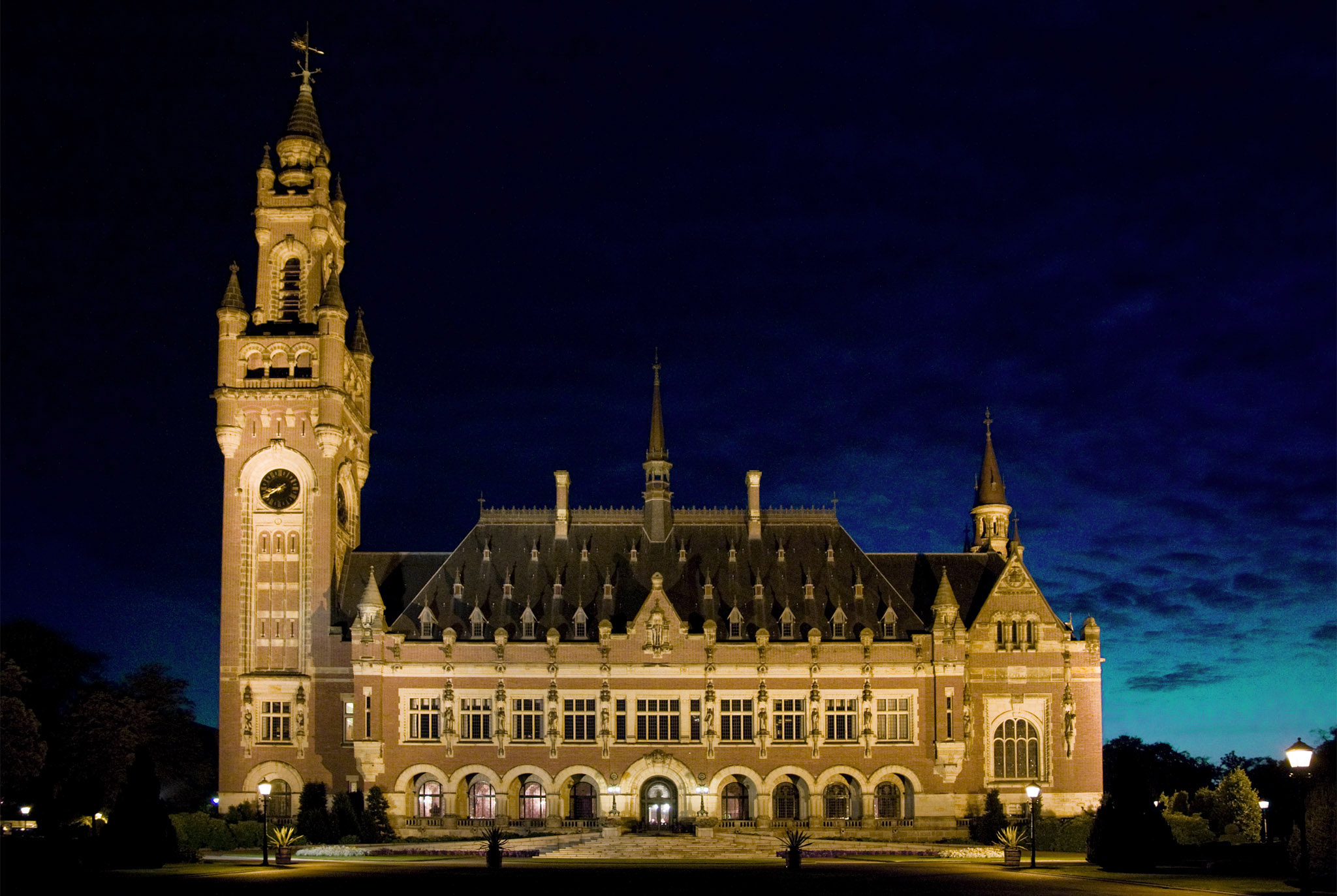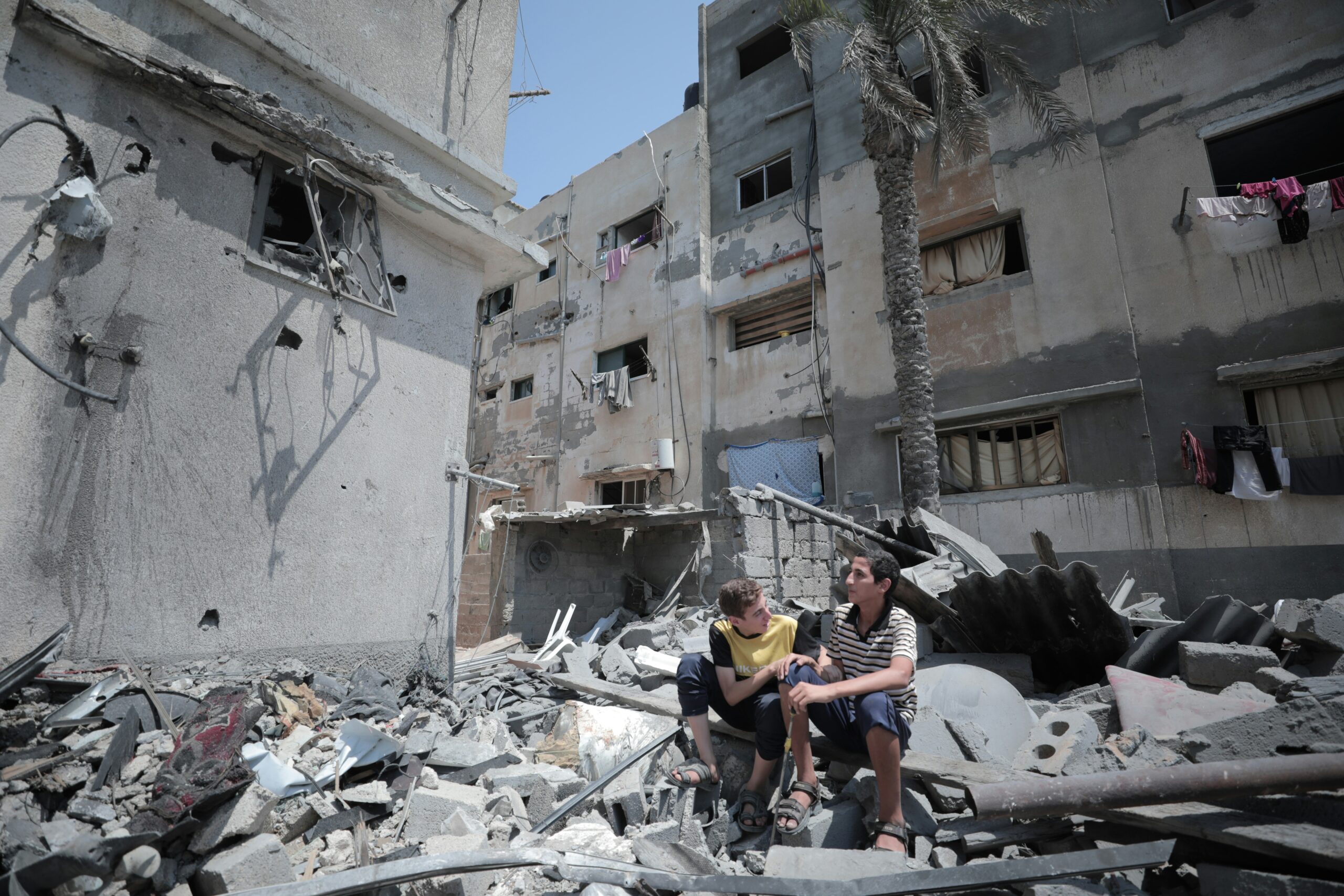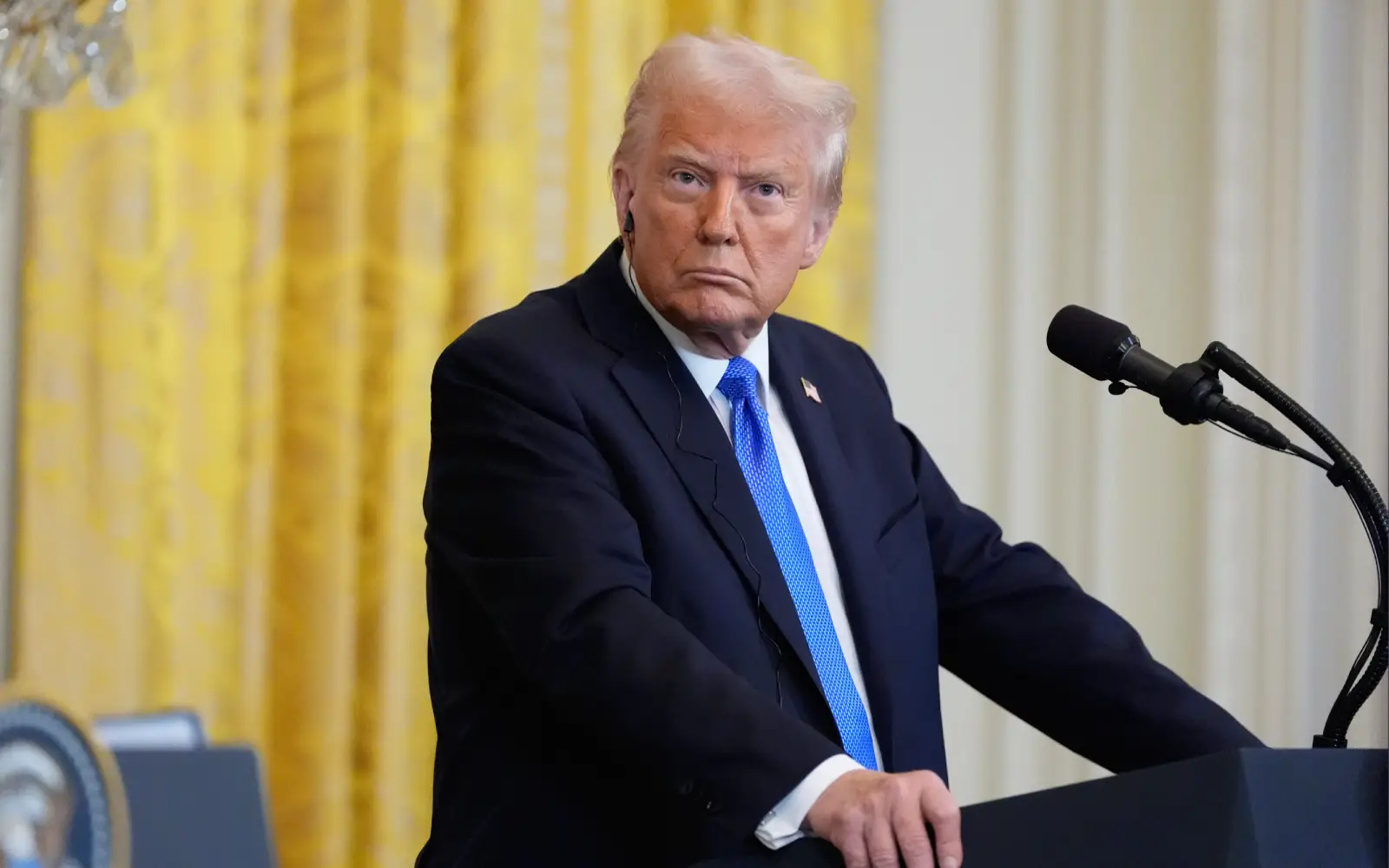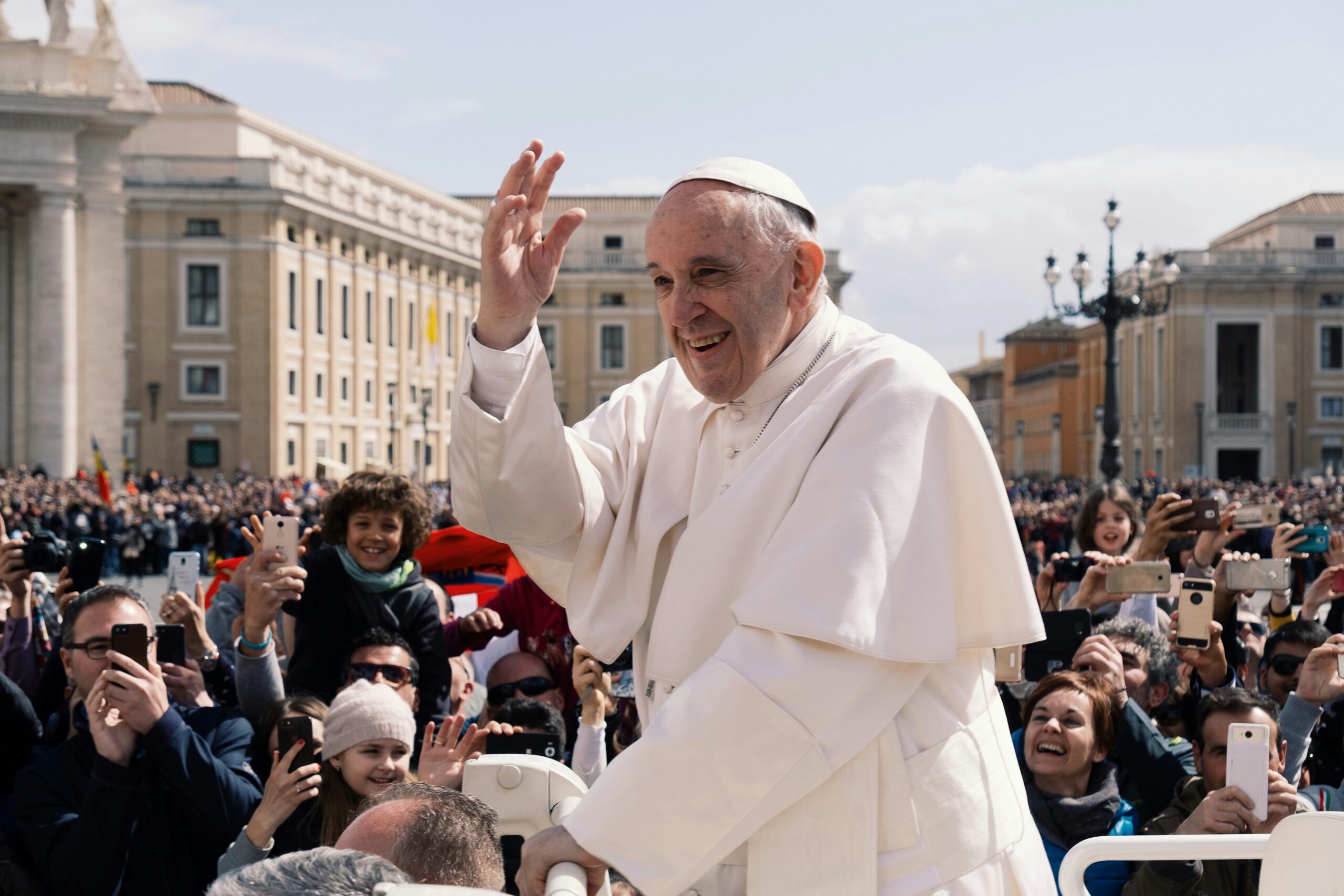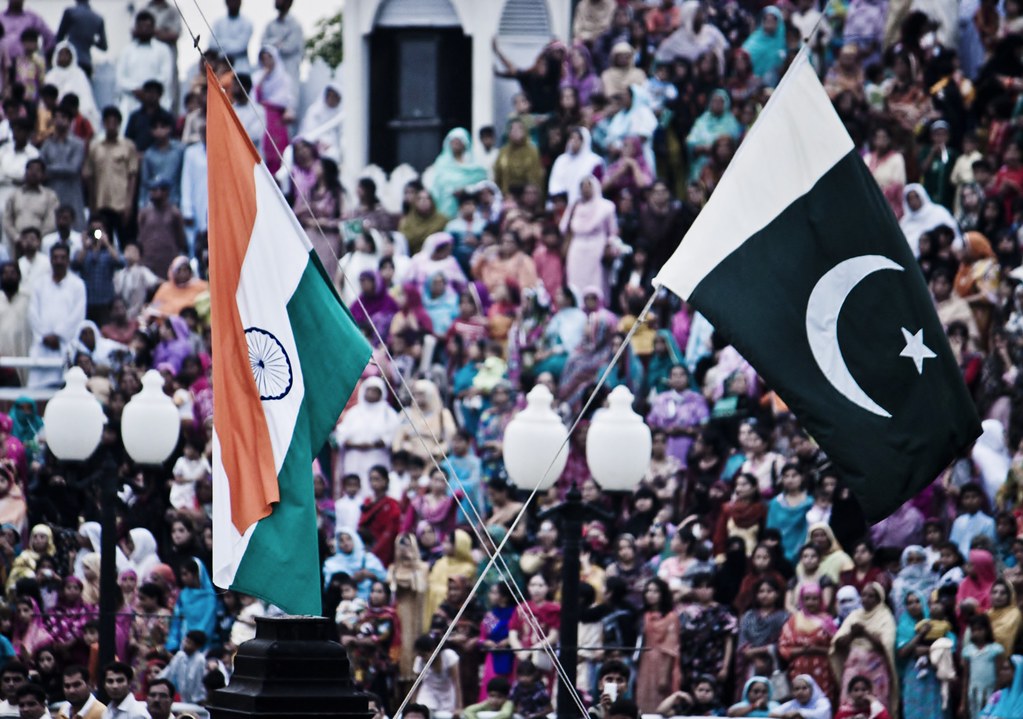In April 2025, as Belfast rap trio Kneecap took the Coachella stage, they unfurled a banner declaring “Free Palestine” and broke into a chant demanding an end to occupation. Their music was drowned out by a media uproar. The live feed was cut, festival organizers faced calls to strip the group of their visas, and a terrorism investigation was launched.
Meanwhile, weeks earlier, Israeli forces had pummeled Gaza with artillery barrages that flattened entire neighborhoods and killed hundreds of civilians. Coverage of those strikes ran under headlines praising “precision operations” and quoting Israeli spokespeople who insisted civilian deaths were tragic but unavoidable. The disparity could not be clearer: Irish solidarity is treated as dangerous hate speech, while Israeli state violence is legitimized as necessary defense.
In May 2024, Ireland recognized Palestine, becoming one of the first Western European countries to do so. Israeli Prime Minister Netanyahu labeled the move a betrayal, and by December 2024 Israel had shuttered its embassy in Dublin. Rather than open dialogue, Ireland’s gesture produced diplomatic ostracism.
Ireland then backed South Africa’s genocide case at the International Court of Justice. Irish Attorney General Seamus Woulfe argued that Israel’s settlement expansion amounted to forcible annexation. In response Israel’s foreign minister dismissed Ireland’s legal claims as bigotry cloaked in law. Dublin’s subsequent debate over the Occupied Territories Bill and mandatory labelling for settlement goods cemented the notion in many outlets that Ireland had abandoned impartiality.
Media Framing: Amplifying Power, Silencing Neutrality
When Dublin proposed legal measures against settlement products, headlines accused Ireland of economic sabotage and political posturing. Opinion pieces speculated on job losses and trade backlash while ignoring the suffering produced by those very settlements.
In contrast, reporting on Gaza was steeped in deference to Israeli sources. Journalists described rocket barrages on civilian areas as justified retaliation for October 7, 2023. When hospitals and schools were hit, headlines highlighted Israeli regrets and the difficulty of urban warfare. Rarely did reports question the proportionality of flattening refugee camps or examine footage of white phosphorus over civilian zones.
Even reputable outlets labeled Irish politicians as fringe radicals, while granting Israeli officials the benefit of the doubt. Calls for restraint from Irish human rights groups were dismissed as naive, yet warnings about humanitarian law violations by Israeli commanders were treated as partisan commentary.
Kneecap at Coachella
Kneecap’s protest was depicted as reckless and fanatical. Coverage focused on a single image and omitted the band’s call for an end to all violence. Descriptors such as hate speech and extremism dominated headlines. Legal experts were invited to discuss incitement laws rather than to analyze the political context of Gaza’s eighty-year struggle.
Meanwhile, when Israeli jets struck a crowded market in Rafah, killing dozens of women and children, outlets led with statements from the Israel Defense Forces about collateral damage mitigation. Eyewitness reports of panicked civilians were tucked deep in articles. Social media clips showing parents retrieving their lost children’s bodies were overshadowed by technical debates over missile guidance systems.
This imbalance betrays a deeper collusion between media and state power. By framing Irish protest as a breach of public order and Israeli force as a reluctant necessity, the press abandons its duty to challenge authority and protect human life.
Implications for Public Discourse
When media labels dissent from a neutral nation as extremist, public debate shrinks. Irish voices are cast outside the bounds of acceptable opinion. Readers are funneled into sympathizing with the overwhelming power of the Israeli military rather than questioning the ethics of bombardment.
This dynamic corrodes journalism itself. Instead of rigorous investigation, outlets become conduits for official talking points. Critical analysis of the legality of sieges and blockades gives way to standardized coverage that parrots state claims. The result is a public discourse where the scale of suffering in Gaza is obscured and the principle of neutrality is delegitimized.
The Ireland–Israel conflict is not only fought in courts and diplomatic cables but on the front pages of our newspapers. If the press insists on echoing state power without scrutiny, it betrays its role as watchdog. Irish neutrality and protest demand the same gravity as military operations. Fair reporting should confront official narratives, give voice to the powerless and ensure that labels like hate speech do not become tools of censorship. Only then can journalism fulfill its promise to expose injustice and uphold human dignity.
Author
Discover more from The Crustian Daily
Subscribe to get the latest posts sent to your email.


